Explore the power of drone technology for farming different crop types. Unleash utmost efficiency, adaptability, and crop health preservation through advanced drones.
Welcome to Drone Farm
We offer a comprehensive range of agricultural drone services. With years of experience, we’ve harnessed our expertise to deliver high-quality services to our clients. Our team provides full support at every stage. Choose us for top-tier Drone Farming experiences!

Contents
- 1. How to determine drone needs for specific crops?
- 2. Knowing optimal drones for grain farming
- 3. Versatility of drones for various crop types
- 4. Does drone suitability differ for varied crops?
- 5. Understanding drone usage for vegetable farming
- 6. Drone selection for orchards and vineyards
- 7. Importance of drone type in effective farming
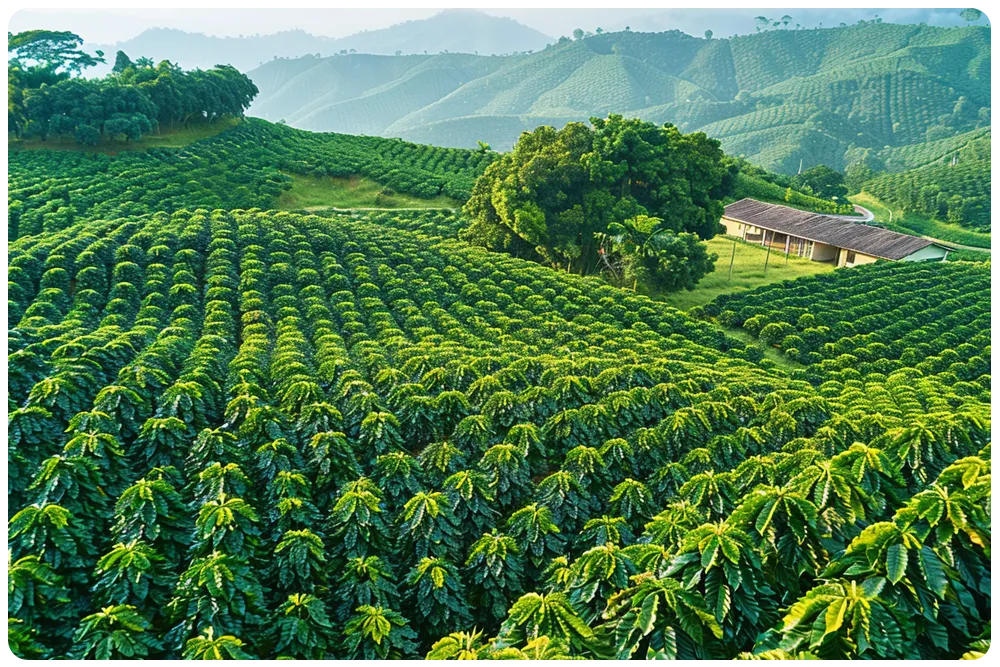
1. How to determine drone needs for specific crops?
Welcome to our in-depth guide on how to determine drone needs specifically for different types of crops. Navigating through the diverse world of agricultural drone technology can be challenging, but we’re here to provide you with granular insights to ease your search. Understanding Your Crop Needs To select the right drone for your farm, you need first to understand the specific needs of your crops. Are they moisture-intensive or drought-resistant? Some drones are equipped with advanced hygrometry sensors that can monitor humidity. If your crop is pest-prone, you might need a drone equipped with spectral imaging capabilities that can detect pest infestations before they become a major issue. The Right Drone for the Right Crop
Selecting the Appropriate Drone
Here is a short guide to pairing crops with the most suitable drone technology:2. Knowing optimal drones for grain farming
Chapter: Knowing Optimal Drones for Grain Farming The world of farming has been revolutionized with the introduction of drone technology. In the realm of grain farming, the overlap between technology and agriculture reaches new heights. Leveraging drones can address several challenges faced by grain farmers, impacting crop health, yield prediction, and overall farm management.
Why Use Drones in Grain Farming?
Drones have a critical role in grain farming as they can systematically survey and monitor vast fields, enabling farmers to make informed decisions. This data-driven approach aids in everyday farming operations while anticipating future impacts:Choosing the Right Agricultural Drone for Grain Farming
Choosing the right drone provider for grain farming is essentially about finding drone technology that adheres to the specific demands of grain farming. Some key points to consider: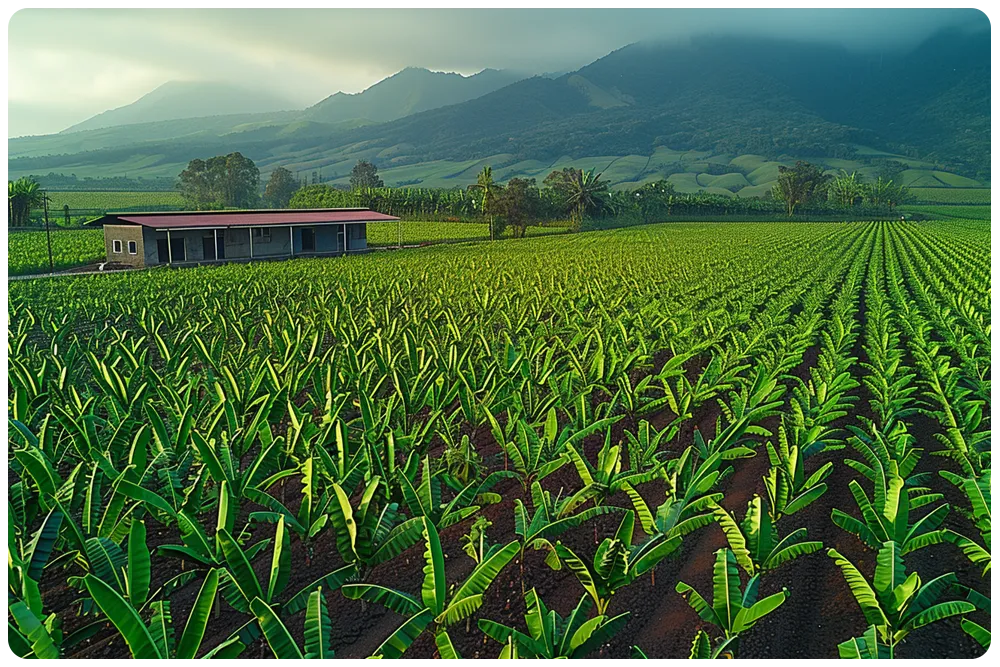
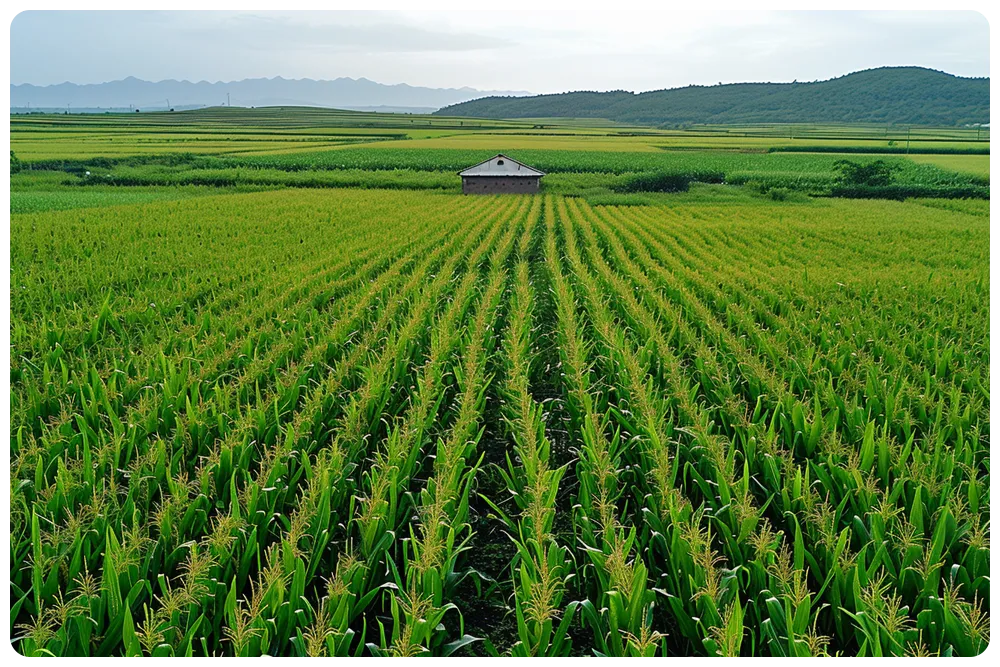
3. Versatility of drones for various crop types
The future of agricultural technology lies in the versatile use of drones for various crop types. This fascinating technology has been turning the tide and increasing efficiency within the agricultural sector. Ranging from crop monitoring and analysis to precision application of fertilizers, the applications of drones are diverse and transformative in enhancing crop yield and farm productivity.
The Multi-Faceted Role of Drones in Agriculture
The role of a drone in farming extends beyond mere surveillance. It offers a plethora of benefits that significantly impact different crops in unique ways. Here is a look at how drones can be implemented for various crops:
- Grain crops: Drones can map out the land, identify areas of stress within the crop, and allow for precise application of needed inputs, such as fertilizers and pesticides.
- Tree crops: The drone’s bird-eye view enables the efficient identification of disease hotspots in orchards. Thermal imaging also allows for better irrigation strategies.
- Vegetable crops: For crops that grow close to the ground, like vegetables, the drone offers enhanced scouting capabilities, ensuring early detection of potential issues.
The choice of drone, however, largely depends on the crop type. An ideal farming drone provider should offer a variety of drones to meet the specific needs of each crop, thereby optimizing crop production.
Choosing the Right Farming Drone Provider
When selecting a drone for your farm, consider the equipment’s critical features such as its capacity, reliability, and the quality of imaging. Furthermore, a comprehensive drone provider should also offer training and reliable technical support. Farmers also need to account for the cost-effectiveness and regulatory compliance of the drone.
Conclusion
In essence, an agricultural drone can serve as the farmer’s eye in the sky, detecting abnormalities, and ensuring the health of crops. However, the effectiveness of the technology lies in its application and the choice of provider. When implemented correctly, drones can revolutionize crop production, enhance farm management, and ultimately, lead to a more prosperous agriculture sector.
4. Does drone suitability differ for varied crops?
Does Drone Suitability Differ for Varied Crops?
In the realm of agriculture, drone technology has rapidly emerged as a powerful tool, substantially impacting productivity and field management strategies. However, it is important to inform riders that not all crops are the same, so why should your drone strategy be?
Diversified drone approach can deftly handle the unique needs of different crops, effortlessly supporting varied farm management requirements. It ensures that the potential of the drone in agriculture is fully realized, enhancing farming practices and delivering tangible benefits across all crop types.
Here, we delve into exciting ways a specific drone can modify its utility based on the type of crop, offering insights that can help farmers fine-tune their agricultural solutions.
- Drone Applications for Grain Crops: Drones with thermal imaging capabilities are ideal for grain crops like wheat or corn. They can identify areas of water stress or crop illnesses, timely guiding farmers to take necessary actions to protect the crops.
- Tree Crop Management with Drones: For tree crops such as apples or oranges, drones equipped with 3D imaging can create precise canopy models. Such drones capture certain anomalies and help manage overall tree health.
- Drone Assistance in Greenhouse Cultivation: Drones designed for indoor farming can navigate around the compact environment of a greenhouse, playing a significant role in maintaining optimal growth conditions and plant health.
Ultimately, the right drone can enrich different crop management, offering maximum yield, quality control, and minimized crop illness. By understanding and implementing drone technology tailored to the specific needs of varied crops, farmers can harness a promising future in agriculture.
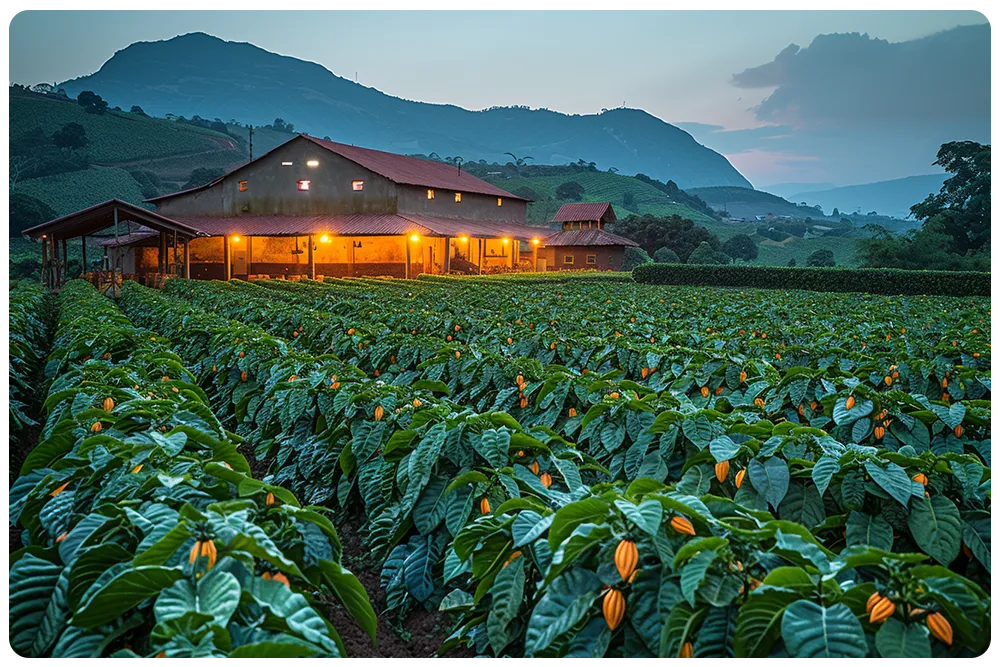

5. Understanding drone usage for vegetable farming
Understanding Drone Usage for Vegetable Farming
Delve into the world of agricultural drone technology, shedding light on its diverse applications and significant advantages in the realm of vegetable farming. This comprehensive guide will enlighten you on how the singular use of a drone can optimize vegetable crop production and enhance farm management strategies.
Drone technology in agriculture is not just a product of modern convenience but a tool of essential utility. It allows farmers to view their fields from a new perspective, giving them a comprehensive image of their crops that can help optimize their yield and minimize crop illnesses. In particular, drones have found significant uses in vegetable farming.
Choosing the right drone farming provider
When it comes to choosing the proper drone farming service provider, several factors need consideration. The choice depends on the provider’s expertise, the availability of various drone models suitable for vegetable farming, the user-friendliness of their software, and after-sale services. Here are a few points to consider:
- Expertise in the agriculture sector
- Availability of diverse drone models
- User-friendly software
- Reliable after-sale services
Choosing drones based on vegetable crop type
Not all drones are alike, and the selection of an agricultural drone largely depends on the type of vegetable crop you are farming. Drones equipped with infrared camera sensors can help to monitor soil health, recognize crop health issues, and apply necessary correctives. Understanding drone functionality based on crop type will enhance crop management efficiency.
To conclude, incorporating drone technology into your vegetable farming practices can not only minimize the effects of crop illnesses but also lead to successful and efficient farming practices. As we continue to embrace modern technology in our daily lives, drones in the agricultural sector promise a stronger, better future for vegetable farming.
6. Drone selection for orchards and vineyards
Drone Selection for Orchards and Vineyards
Enhancing agricultural productivity through the use of advanced technological tools is no longer a futuristic concept. Notably, drone usage in domains like orchards and vineyards has proven to be an innovative game-changer in the realm of agriculture. These sophisticated devices wield the power to accentuate the effectiveness of crop management while addressing persistent agricultural challenges.
Selecting the right drone catering to the specific needs of orchards and vineyards warrants a comprehensive understanding of available options and their inherent capabilities. Here is an insightful guide to help you make an informed choice:
- High-resolution Imaging: Opt for a drone capable of high-definition imagery. Such drones can accurately capture the health and status of your crops, facilitating precise and timely interventions.
- Near-infrared Sensors: Drones equipped with near-infrared sensors possess the ability to identify and quantify crop stress way before it becomes evident to the naked eye. It’s an invaluable tool in preemptive crop illness management.
- Weather-resistant: Considering the outdoor nature of agricultural activities, selecting a drone with imperviousness to weather conditions is crucial. Look for drones that can operate under varied temperature ranges and resist water damage.
- Extended Flight Time: Drones with longer flight times can effectively cover more ground, making them especially suitable for expansive orchards and vineyards.
- User-friendly Operation: Choose a drone that offers a user-friendly interface. Easy-to-navigate controls and intuitive functionality can significantly streamline your farm management process.
Choosing the right drone farming provider is equally, if not more, paramount. Ensure your provider has a robust customer service framework, offers technological updates, and has a successful track record in the field.
Remember, the integration of drone technology in your farming practices can markedly revolutionize your crop’s yield and quality. However, this journey starts with selecting the right drone.

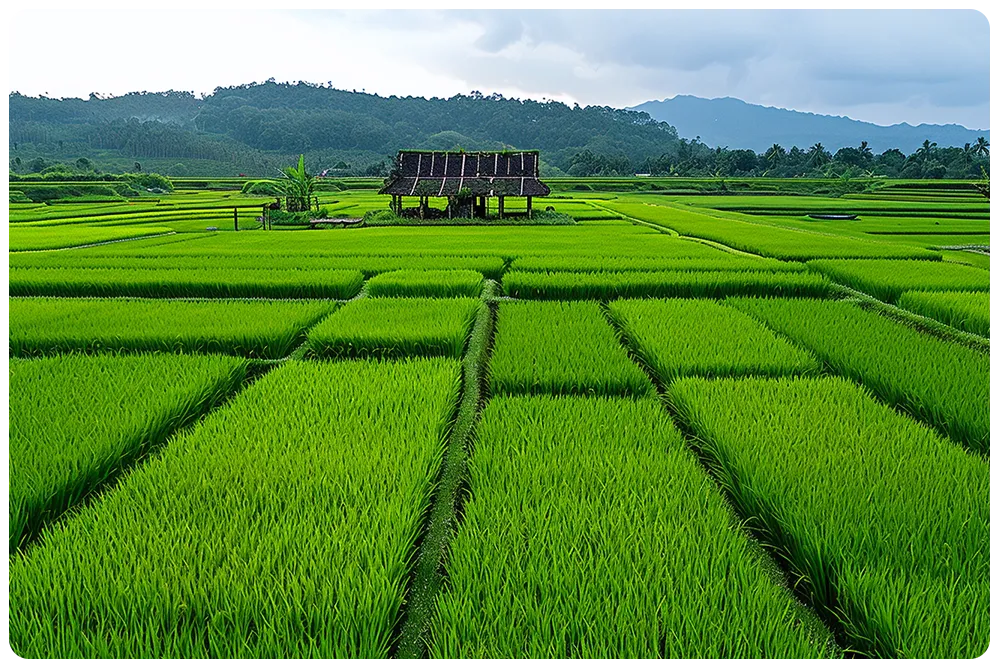
7. Importance of drone type in effective farming
Importance of Drone Type in Effective Farming
Agriculture, a cornerstone of human civilization, has seen numerous evolutionary steps which have only gotten quicker in the recent years, thanks mainly to the advent of technology. Drone technology, a significant contributor in this respect, has provided farmers with innovative solutions to enhance productivity, improve crop health and streamline farm management.Tips for selecting perfect drones:
- Investigate the technologies being used: The latest drone technologies can increase productivity exponentially.
- Check for Regulatory Compliance: Make sure your drone farming provider complies with all regulatory standards.
- Price and After Sales Service: Ensure that your provider offers competitive prices and excellent after-sales support.